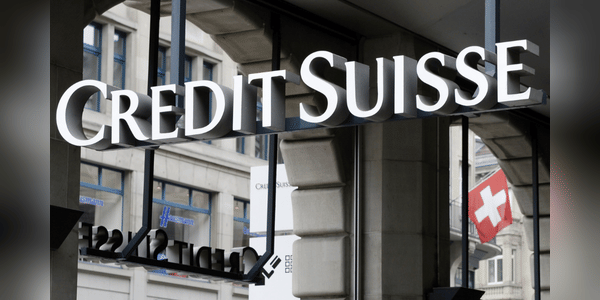One of the largest banks in the world is in deep trouble and is currently even fighting for its survival. Very negative events are likely to cause a shock similar to that caused by the collapse of the US bank Lehman Brothers in September 2008. I would point out that this event triggered one of the most serious financial and economic crises since the Great Depression.

Credit Suisse
What has given rise to much speculation and concern about the future of Credit Suisse? Credit Suisse's credit default swaps, which offer protection against the company's default, have risen sharply in the past week. Credit Suisse's five-year credit-default swaps jumped 6 basis points on Friday to nearly 247 basis points, the highest level in at least 10 years. The underlying CDS contracts were written at very high levels on Friday, indicating a gradual increase in refinancing costs.
- Credit Suisse CDS started the year at 57bps!
Credit Suisse $CS currently trades at 0.23 times tangible book = tangible book value.…
